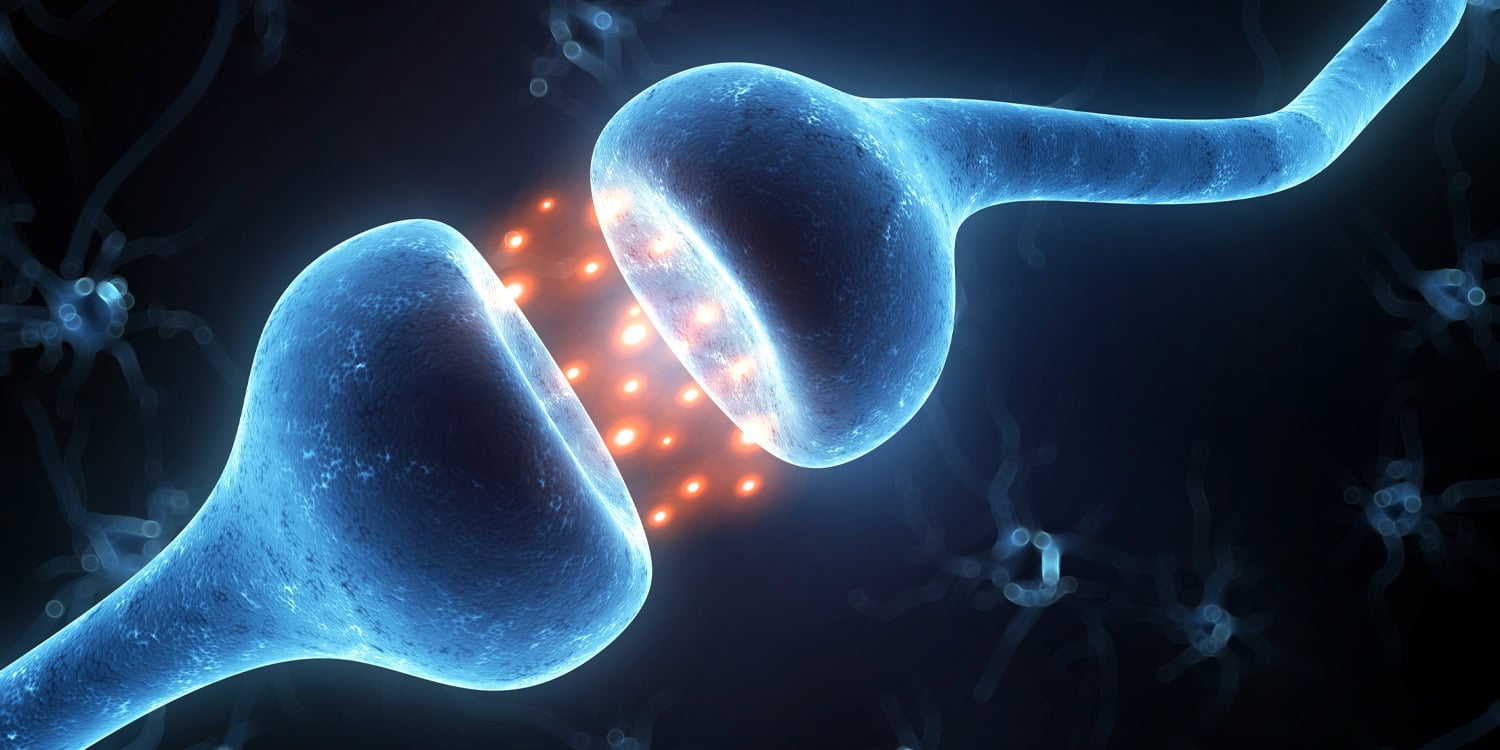A study of depressed individuals found that an eight‐week treatment with selective serotonin reuptake inhibitors (SSRIs) reduced the activity of 5-HT4 receptors—a specific type of serotonin receptor—in the neostriatum region of the brain. This finding is consistent with the expectation that the treatment increases the concentration of the neurotransmitter serotonin in the brain. The paper was published in Biological Psychiatry.
Depression, or major depressive disorder, is one of the most common mental health conditions. It is characterized by persistent sadness, a loss of interest in activities, and emotional or physical symptoms that interfere with daily life. Treatment options include psychotherapy, medication, lifestyle changes, and social support, depending on the severity of the symptoms.
Drugs used to treat depression are called antidepressants. There are several types of antidepressants, each with a different mechanism of action. One frequently used type is selective serotonin reuptake inhibitors (SSRIs). These drugs act on the systems in the brain that use the neurotransmitter serotonin (or 5-HT). It is believed that they increase the availability of serotonin in the brain, although more specific data on the mechanism of action are limited.
Study author Vibeke H. Dam and her colleagues aimed to explore whether the binding of serotonin to 5-HT4 receptors in patients with major depressive disorder is associated with cognitive and depressive symptoms following antidepressant treatment. They hypothesized that treatment with SSRIs would reduce the binding of serotonin to these receptors in the brain and that this change would be accompanied by changes in depressive symptoms and verbal memory.
The study included 100 participants who had not previously been treated with antidepressants. They were recruited from the mental health system in the capital region of Denmark and enrolled in the NeuroPharm depression study, an open, nonrandomized 12-week clinical trial. Participants were between 18 and 65 years old and exhibited moderate or severe depressive symptoms.
Participants were assigned to take escitalopram, an SSRI, for 12 weeks, starting at doses of 10 to 20 mg/day. The initial dose was adjusted by clinicians as necessary. At the start of treatment, participants underwent positron emission tomography (PET) and magnetic resonance imaging (MRI) of their brains. These scans were repeated after eight weeks of treatment. Participants also completed a series of cognitive tests at the start of the study and after 12 weeks. Because many participants dropped out of the study, complete data were collected from only 39 individuals.
Results showed that the initial level of 5-HT4 receptor binding activity in the neocortex, neostriatum, and hippocampus was not associated with the participants’ response to antidepressant treatment (i.e., whether their symptoms improved and by how much).
However, 5-HT4 receptor binding activity decreased by 9% during the eight weeks of treatment in the neostriatum. There were no changes in 5-HT4 receptor binding activity in the neocortex or hippocampus. Interestingly, participants who experienced the smallest decrease in 5-HT4 receptor binding activity tended to show larger improvements in verbal memory.
The neostriatum is part of the basal ganglia and plays a role in mood regulation through its connections with the prefrontal cortex and the limbic system. Dysfunctions in this region are linked to mood disorders such as major depressive disorder and bipolar disorder.
“Initiation of antidepressant SSRI/SNRI [selective serotonin reuptake inhibitors / serotonin-norepinephrine reuptake inhibitors] treatment of otherwise untreated patients with MDD [major depressive disorder] induces a reduction in cerebral 5- HT4Rs that is consistent with increases in synaptic extracellular 5-HT [serotonin] independent of overall clinical response. However, the less it was reduced, the better patients performed on verbal memory tasks,” the study authors concluded.
The study contributes to the scientific understanding of the mechanisms of action of antidepressants. However, it should be noted that the study design does not allow for any causal inferences to be made. Because the study did not include a control group or any other type of control, it cannot be definitively concluded that the observed reductions in receptor activity were caused solely by the medications used.
The paper, “Effect of Antidepressant Treatment on 5-HT4 Receptor Binding and Associations With Clinical Outcomes and Verbal Memory in Major Depressive Disorder,” was authored by Vibeke H. Dam, Kristin Köhler-Forsberg, Brice Ozenne, Søren V. Larsen, Cheng-Teng Ip, Anders Jorgensen, Dea S. Stenbæk, Jacob Madsen, Claus Svarer, Martin B. Jørgensen, Gitte M. Knudsen, and Vibe G. Frokjaer.




